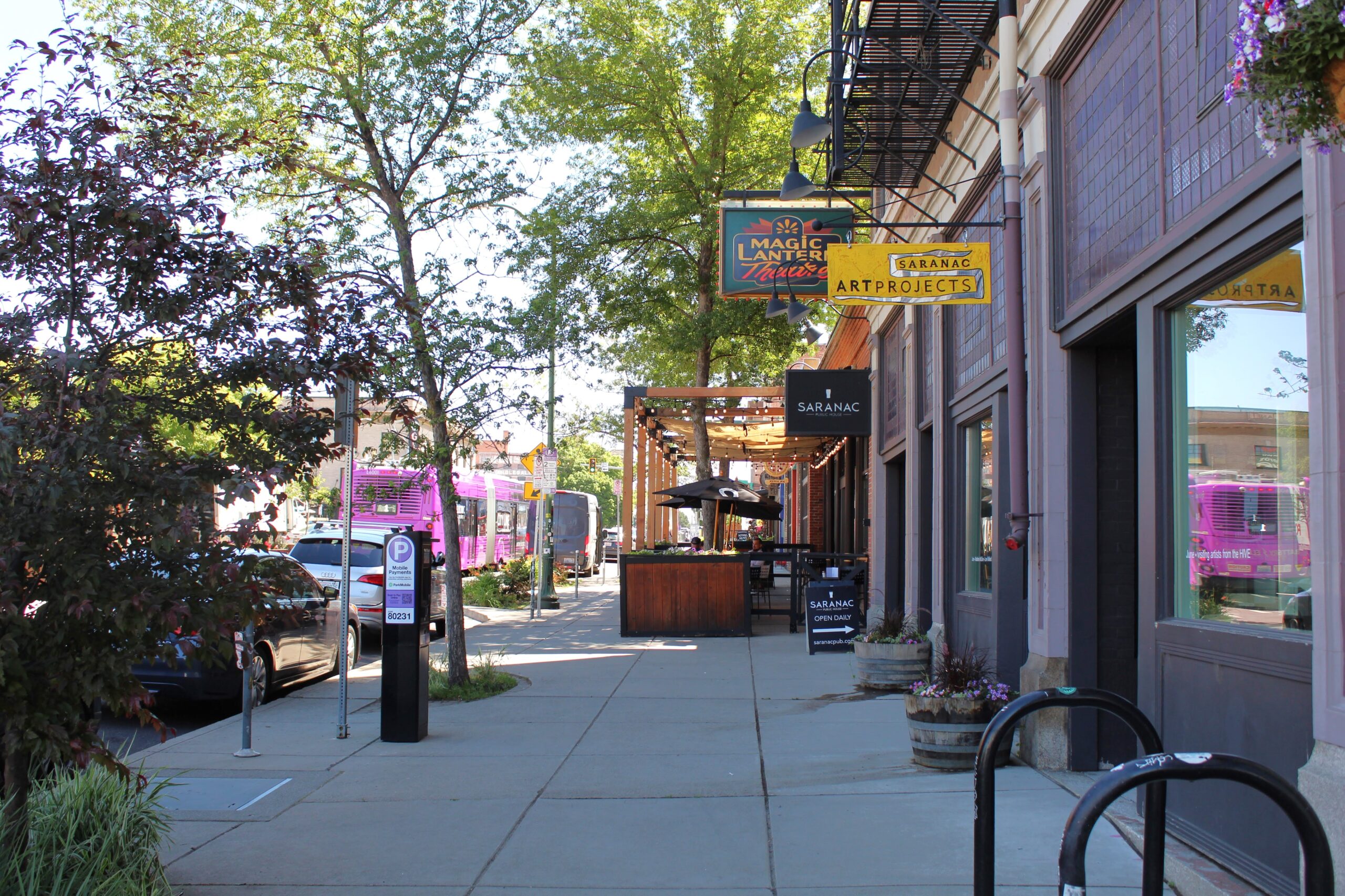Futurewise Statement on Inclusionary Zoning
Futurewise supports inclusionary zoning. We’ve heard some confusion about this recently and wanted to take the opportunity to clarify our position.
Futurewise has been advocating for inclusionary zoning for many years. Seattle’s mandatory housing affordability (MHA) program (a local version of inclusionary zoning) was a signature policy priority for us from the last decade. Seattle just released new data this week showing that MHA continues to support the creation of over 900 affordable homes per year, making it one of the most successful inclusionary zoning programs in the country. We believe that inclusionary zoning programs should be calibrated to local real estate market conditions and passed alongside zoning changes that add development capacity. The overall outcome should be more total housing and more affordable housing. We should be serving the housing needs of community members at all income levels.
Inclusionary zoning has become a key point of debate regarding the transit-oriented development bill, SB 5466, currently being considered by the state legislature. We have always taken the position that this bill needs to address affordability. For us this means a well-calibrated inclusionary zoning program or an alternative strategy that produces a similar number of affordable units.
Setting the appropriate affordability rate (percent of units and in-lieu fee per square foot) requires a technical analysis of the impacts on overall housing production and affordable housing production. What works in Seattle may not work in Everett or Kent. Evaluating alternative affordability strategies – such as the incentive program in the Senate version of the bill or a land banking strategy such as the Housing Benefit District bill that was considered earlier in session – can be equally complex. This is one of the central challenges of developing a statewide program during our short legislative session.
We hope that in the final two weeks of this session we can identify a path that moves transit-oriented development forward with affordability. We urgently need strategies to dramatically increase housing options near transit for people of all income levels. We want to express our great appreciation to the House members leading on this bill and trying to figure out how to make it work.

